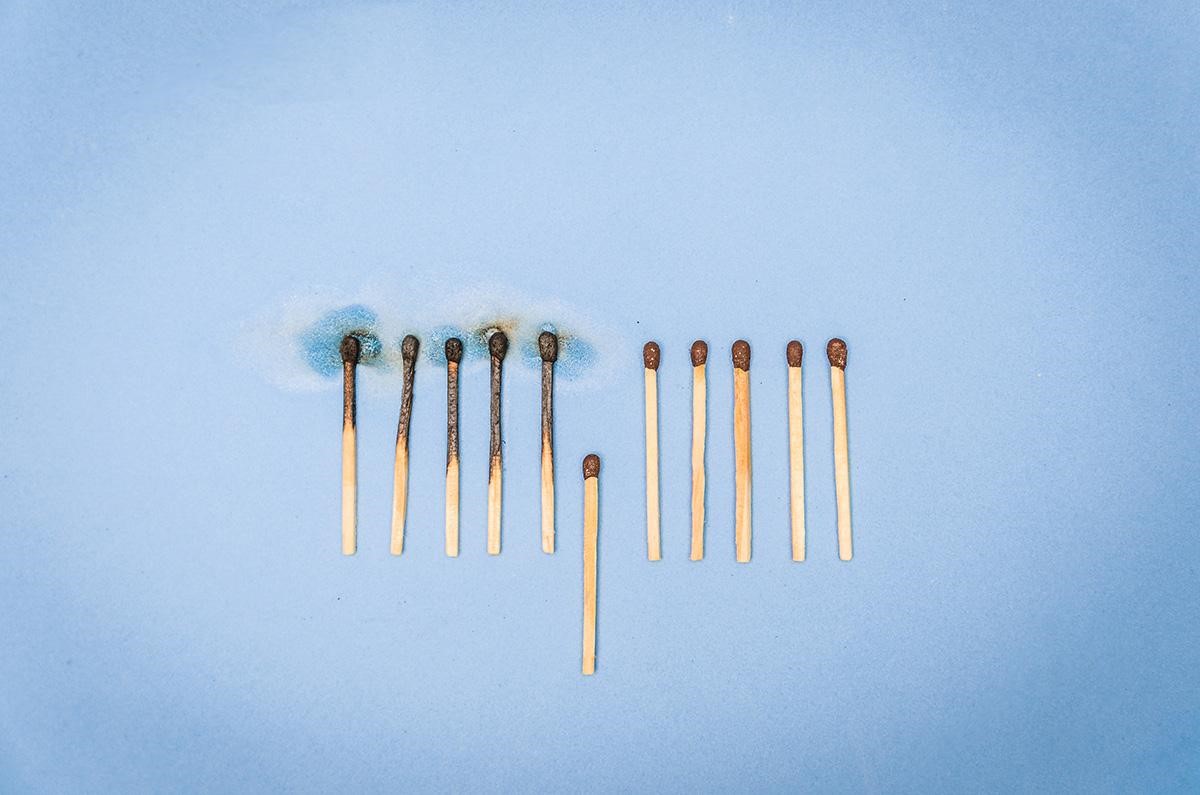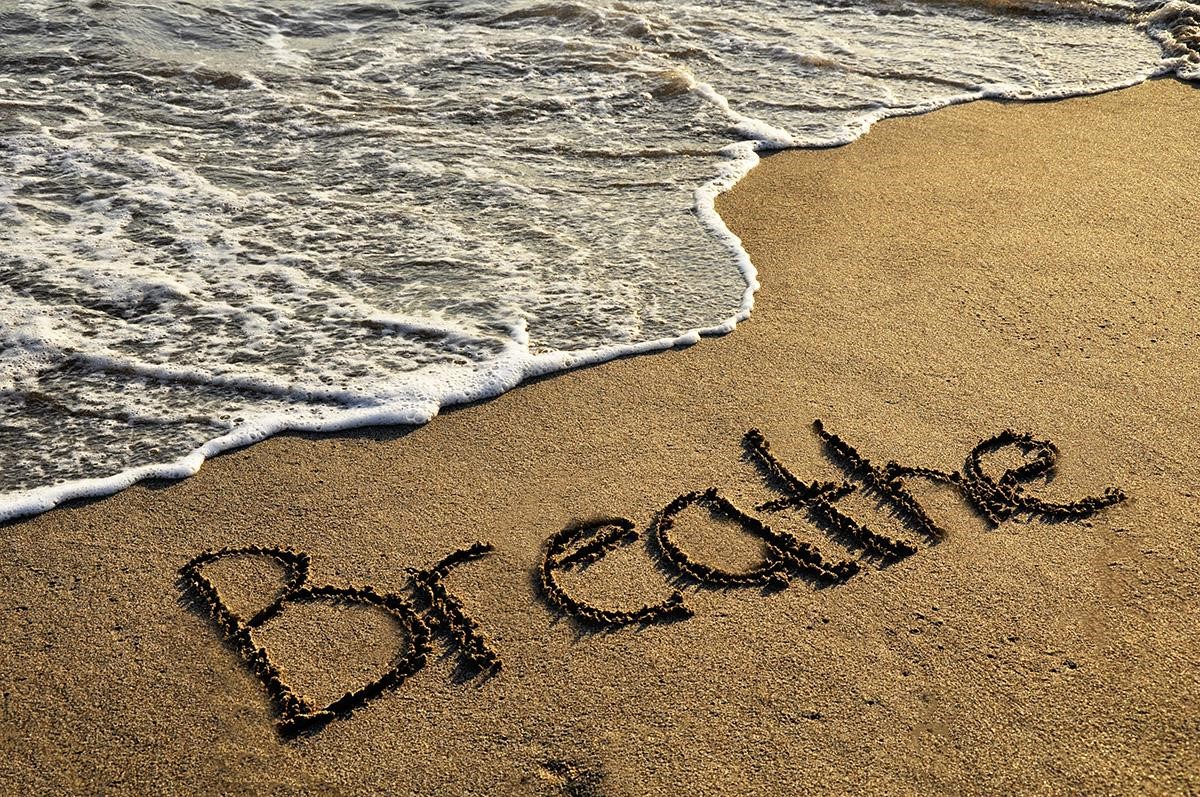Coping with OCD during the COVID-19 outbreak
- 0About this program
- 1What is Covid-19 and how serious is it?
- 2What are the experts saying?
- 3Adapting to the new (temporary) normal
- 4COVID-19 vs Your OCD Symptoms
- 5Talking to Kids about COVID-19
- 6What are teletherapy and telepsychiatry?
- 7Watch our OCD/Coronavirus TOWN HALL
- 8Relevant articles and Resources
Content on HealthUnlocked does not replace the relationship between you and doctors or other healthcare professionals nor the advice you receive from them.
Never delay seeking advice or dialling emergency services because of something that you have read on HealthUnlocked.
Adapting to the new (temporary) normal

In times like these, what the experts are recommending temporarily becomes our new normal. This may mean that you need to make some changes to your treatment, including which exposures you do, when you do them, how frequently, etc. What might normally be considered a “baseline” for people with OCD to aspire to should shift to match the recommended guidelines for as long as those guidelines are in place. A good suggestion would be to talk about the guidelines with your treatment team at your next session and go over how, if at all, your plan might change for the near future.
It is important for all of us in the OCD and related disorders community to remember that this is temporary, and understand that it may feel uncomfortable. You are not going backwards in your recovery journey because the baseline changes. These troubled times will end, and you will keep doing your best in the meantime.
What to do

Before you continue reading this list, take a deep breath. Allow yourself to feel however you might be feeling right now, and make space for how that might change in the future. These are extraordinary times, and whatever you might be feeling is natural and understandable.
Get news and updates from verified, trusted sources (such as those outlined above in “Who you should listen to”). Put a time limit on how long you spend looking at these trusted sources, including the number of times you consult them per day.
A maximum of five minutes per day should be enough to give you all the information you need to keep yourself and your family informed and safe. This may be difficult, but going beyond your time limit could give your OCD a chance to get hooked in, making it much harder to set reasonable limits around checking for news and information.
Focus on the facts these sources are telling you, rather than emotions you or others may be feeling about them.
- Give yourself permission to set a basic safety plan based on the recommendations of trusted health organizations, and do not add to it:
Disinfect surfaces once a day. Focus on the surfaces in your home that are frequently touched, and think about whether this is truly needed (for example, if you stayed home all day and had no visitors, do you really need to disinfect that doorknob?). This process shouldn’t take you more than a few minutes per day.
Wash your hands with soap and water for 20 seconds after being outside or in public, before eating, after going to the bathroom, and after you’ve coughed/sneezed/blown your nose. If soap and water are not available to you, use hand sanitizer that contains at least 60% alcohol.
If you want to do more than this, pick a person to help you figure out what might be a reasonable and rational safety measure to take.
Stick to (or create new) healthy habits — exercise, good nutrition, and quality sleep are all helpful things for both your mental and physical health.
Take breaks and allow yourself to do things you enjoy.
Maintain your daily routines as much as possible, and take comfort in them.
If you are currently in treatment, talk to your team about COVID-19 and how it may be affecting you. This can go beyond ways in which it specifically ties in to your OCD — it doesn’t have to be changing or worsening your OCD symptoms in order to be affecting your mental health! It’s natural to feel a wide range of emotions right now, and your treatment team are great people to talk to about them.
If you are not currently in treatment, consider reaching out and getting connected to someone. The IOCDF’s Resource Directory is an excellent place to start, and you are welcome to call us at (617) 973-5801 or email us at info@iocdf.org if you need help navigating it.
MOST IMPORTANTLY: Be kind to yourself in these extraordinary times.
What NOT to do
Avoid the temptation to learn “everything” about COVID-19. Do your best to stick to your time and frequency limits on news or information consumption.
Do not ignore the guidelines from trusted health sources, regardless of whether or not they go against what you are trying to do in treatment. Work with your treatment team to bring your goals temporarily in line with the new normal we all live in.
Do not excessively wash your hands, as this may lead to injuring your skin and making it less protective against infection. Keep it to 20 seconds.
Don’t let “social distancing” rob you of your support networks — come up with a strategy to stay connected to others even if you can’t see them in person.
Call, videoconference, or text your friends and family.
Get involved in online support networks such as HealthUnlocked: My OCD community on HealthUnlocked).
Reach out on social media.
- Don’t let OCD make travel decisions for you. Instead, listen to official regulations and/or warnings about whether or not to travel to certain destinations. The WHO has worldwide travel advice, and the US Department of State issues travel advisories for its citizens.
For many people, the COVID-19 pandemic may be specifically impacting your OCD symptoms, including your obsessions and/or your compulsions. If this is the case for you, read on for some specific information based on your subtype.
Content on HealthUnlocked does not replace the relationship between you and doctors or other healthcare professionals nor the advice you receive from them.
Never delay seeking advice or dialling emergency services because of something that you have read on HealthUnlocked.